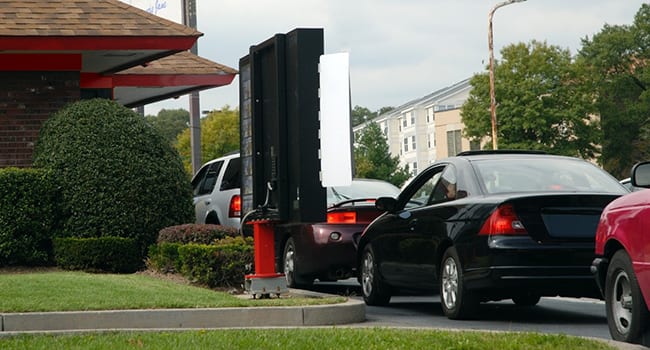By Lorian Hardcastle
University of Calgary
and Ubaka Ogbogu
University of Alberta
Standing in front of a counter filled with fresh-baked pastries, Alberta Health Minister Tyler Shandro kicked off the government’s much-touted mask distribution strategy.
Billed as part of the province’s relaunch, the strategy seeks to provide each Albertan with four disposable non-medical masks for use in preventing the spread of COVID-19.
While this may be a laudable goal, it’s an ill-conceived public health strategy and a massive waste of scarce resources that would be better directed elsewhere.
Even if every Albertan receives a pack of four masks – doubtful given that distribution relies primarily on fast-food drive-throughs – it’s unlikely to have any effective or lasting public health impact as the masks will be used up very quickly and not necessarily by those who need them most.
It appears injudicious for a government that has pushed austerity to invest $20 million in an initiative that will yield modest benefits, if any. The same government has failed to effectively address shortages of personal protective equipment for health-care workers in a variety of settings, including community clinics and pharmacies.
There are early signs that this program is already a failure, with individuals reportedly receiving a dozen or more masks from a single restaurant. On Twitter, Alberta Health implied that this was the fault of the customer and not the natural result of their flawed distribution system, calling this “disappointing” and chastising Albertans to “only take one package per person to ensure there is enough for those most in need.”
Alberta’s decision to conscript minimum-wage workers into public health provision is puzzling, given the alternative of distributing masks via trained health-care workers. For example, if masks were distributed at pharmacies or public health clinics, staff could track their distribution and provide much-needed education. There are reports of individuals reusing the masks, which suggests that some members of the public may be unaware that the masks are single-use.
The government’s own mask education website adds to the confusion by combining information on both disposable and reusable masks, including information on how to care for cloth masks.
While the government claimed that the rationale for drive-through mask distribution was that 95 per cent of Alberta lives within 10 km of one of these restaurants, this may be part of a broader strategy to corporatize health care in Alberta. Some critics have noted the financial connections between United Conservative Party members and these restaurants.
Although no purchase is necessary to obtain masks, the strategy will likely benefit the government’s corporate partners, while offering nothing to their drive-through employees, who may not be adequately protected should someone who is infected with COVID-19 come to the restaurant to pick up masks.
Distributing masks through drive-throughs also raises equity concerns for those who lack access to a car or live in remote areas. The government’s response is to have those without a vehicle call 211 to be mailed a mask. Masks have also been distributed to communities without access to a drive-through, including First Nations and Métis settlements.
Perhaps in response to earlier critiques about masks not going where most needed, the government announced that some will be distributed to long-term care and seniors’ facilities, agencies supporting vulnerable populations, and to Edmonton and Calgary for their transit operations. Although this may help, there’s still no guarantee that masks will be used effectively, given that people may hoard unused masks or use them in situations that don’t necessitate a mask.
As the economy reopens, it’s essential that individuals are able to protect themselves when unable to physically distance from one another. And masks arguably play an essential role in protecting communities from the spread of COVID-19.
However, the distribution of masks with a side of fries is inequitable and ineffective.
Although the government may be patting itself on the back for the expeditious distribution of 20 million masks to Albertans, it’s far from clear that this was a useful investment.
Lorian Hardcastle is an assistant professor in the Faculty of Law and Cumming School of Medicine at the University of Calgary. Ubaka Ogbogu is an associate professor in the Faculty of Law and Faculty of Pharmacy and Pharmaceutical Sciences at the University of Alberta, and a Pierre Elliott Trudeau Foundation Fellow. The opinions expressed are those of the authors and do not represent those of the Pierre Elliott Trudeau Foundation.
This article was submitted by the University of Alberta’s online publication Folio, a Troy Media content provider partner.
The views, opinions and positions expressed by columnists and contributors are the author’s alone. They do not inherently or expressly reflect the views, opinions and/or positions of our publication.




